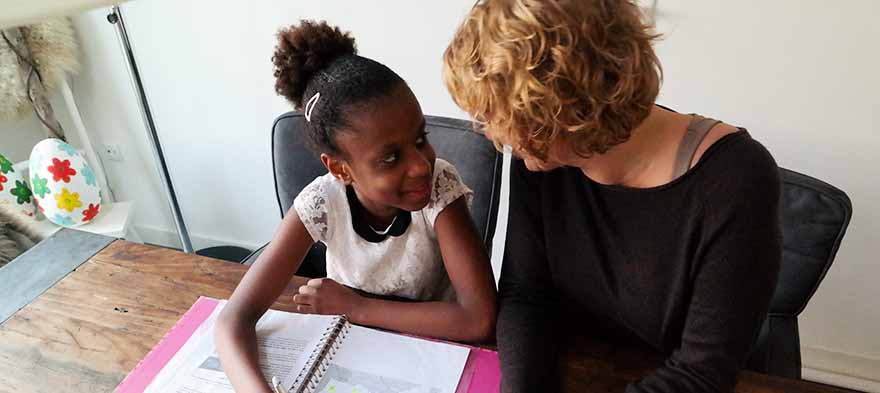
Tom Rademacher (Mr. Rad to his students) is an English teacher in Minneapolis, Minnesota. In 2014 he was named Minnesota Teacher of the Year. He teaches writing and writes about teaching on his blog. His book, published by University of Minnesota Press, is called "IT WON’T BE EASY: An Exceedingly Honest (and Slightly Unprofessional) Love Letter to Teaching."
If you have a child with disabilities, you’re not alone: According to the latest data, over 7 million American schoolchildren — 14% of all students ages 3-21 — are classified as eligible for special...
The fight for educational equity has never been just about schools. The real North Star for this work is providing opportunities for each child to thrive into adulthood. This means that our advocacy...
The story you tell yourself about your own math ability tends to become true. This isn’t some Oprah aphorism about attracting what you want from the universe. Well, I guess it kind of is, but...
Your donations support the voices who challenge decision makers to provide the learning opportunities all children need to thrive.
Ed Post is the flagship website platform of brightbeam, a 501(c3) network of education activists and influencers demanding a better education and a brighter future for every child.
© 2020–2024 brightbeam. All rights reserved.